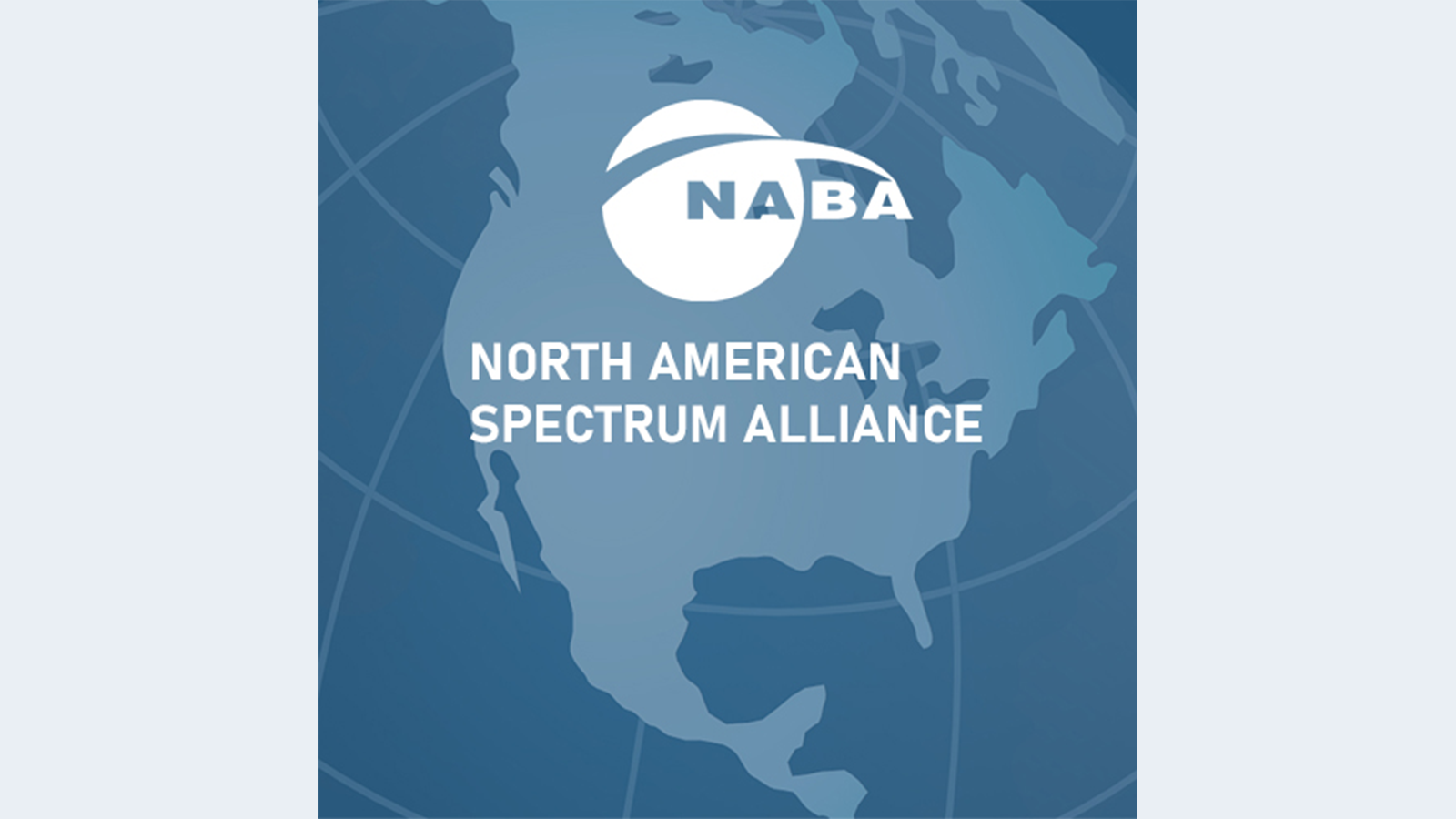MCV Reveals Mobile DTV Plans
The Mobile Content Venture (MCV), a joint venture of 12 major broadcasters, including NBC, Fox and Ion, announced a commitment to upgrade TV stations in 20 markets to provide mobile DTV to portable devices by late 2011. The service will consist of at least two ad-supported free-to-consumer channels in each market. The markets are New York, Los Angeles, Chicago, Philadelphia, San Francisco, Dallas, Washington D.C., Atlanta, Houston Detroit, Tampa, Phoenix, Orlando, Portland, Cincinnati, Greenville, West Palm Beach, Birmingham, and Knoxville.
Salil Dalvi, co-GM of MCV, commented, “Live, local video will ultimately be a key part of mobile services. Upgrading our stations for mobile is an important first step in making this a reality.”
Eric Moreno, co-GM of MCV, added, “Our commitment to launch in 20 markets, including 13 of the top 15 DMAs, is a significant and necessary step in building a viable commercial mobile TV business that delivers a comprehensive product to viewers. We welcome the opportunity to work with Fox and NBC affiliates, as well as additional broadcasters, in rolling out many more markets.”
What you may not be aware of is that mobile DTV is on the air now, or will be by the end of the year, in many of these and other markets. NAB and the Consumer Electronics Association have a list of stations broadcasting or planning to broadcast mobile DTV at Digitaltips: Mobile DTV Guide. While writing this article I checked and the date on the spreadsheet is April 2010, so it is a bit out of date. A more current listing is available on the RabbitEars.info Mobile DTV Service List.
With few exceptions, most mobile DTV signals available today can be viewed using the Decontis Mobile DTV viewer, existing USB ATSC tuners or one of the mobile DTV receivers now available at Amazon and other retailers. These include the LG DVD player with ATSC MH capability, the Coby USB mobile DTV tuner, and in-car receivers.
Early mobile DTV adopters, however, should be aware that, according to the MCV press release, “In order to receive the [MCV] mobile video service, consumers will need a device capable of receiving a specific type of mobile video broadcast, encrypted with conditional access.” While the service will be free, viewers will need to register and receive a key to decrypt the signal. Since the conditional access will be software-based using the ATSC A/153 standard, laptop or Netbook devices may be able to be upgraded to receive the broadcasts. However, it’s likely that non-connected devices like the LG DVD player with ATSC MH capability, the in-car receivers, and the recently announced MyGoTV portable will not be able to decode the encrypted signals. MCV is working with manufacturers to make sure devices will be available to receive the encrypted mobile broadcasts.
Get the TV Tech Newsletter
The professional video industry's #1 source for news, trends and product and tech information. Sign up below.

Doug Lung is one of America's foremost authorities on broadcast RF technology. As vice president of Broadcast Technology for NBCUniversal Local, H. Douglas Lung leads NBC and Telemundo-owned stations’ RF and transmission affairs, including microwave, radars, satellite uplinks, and FCC technical filings. Beginning his career in 1976 at KSCI in Los Angeles, Lung has nearly 50 years of experience in broadcast television engineering. Beginning in 1985, he led the engineering department for what was to become the Telemundo network and station group, assisting in the design, construction and installation of the company’s broadcast and cable facilities. Other projects include work on the launch of Hawaii’s first UHF TV station, the rollout and testing of the ATSC mobile-handheld standard, and software development related to the incentive auction TV spectrum repack. A longtime columnist for TV Technology, Doug is also a regular contributor to IEEE Broadcast Technology. He is the recipient of the 2023 NAB Television Engineering Award. He also received a Tech Leadership Award from TV Tech publisher Future plc in 2021 and is a member of the IEEE Broadcast Technology Society and the Society of Broadcast Engineers.
